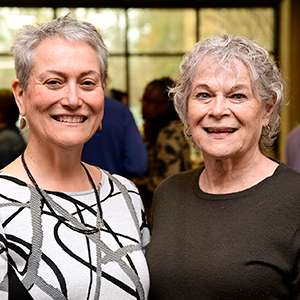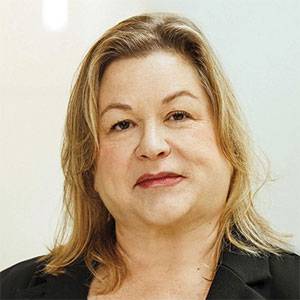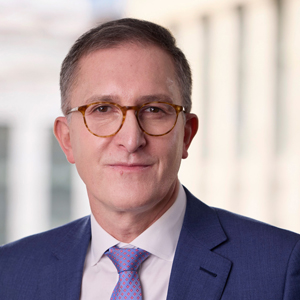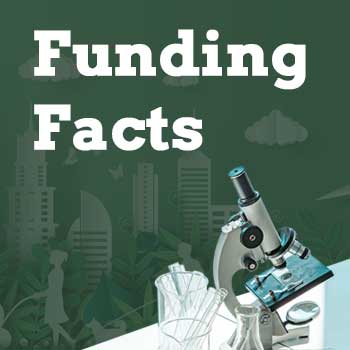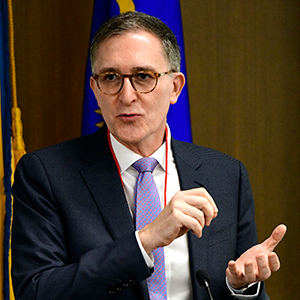The National Institutes of Health (NIH) will commit about $1.6 million to coordinate exposome research in the U.S. and around the globe. The funding will enhance current NIEHS efforts to expand research into the exposome, which is the totality of an individual’s exposures and the body’s response to them. The announcement comes amid global enthusiasm to establish a community of practice as a first step to advance exposomics, the study of the exposome, in support of precision environmental health and precision medicine.
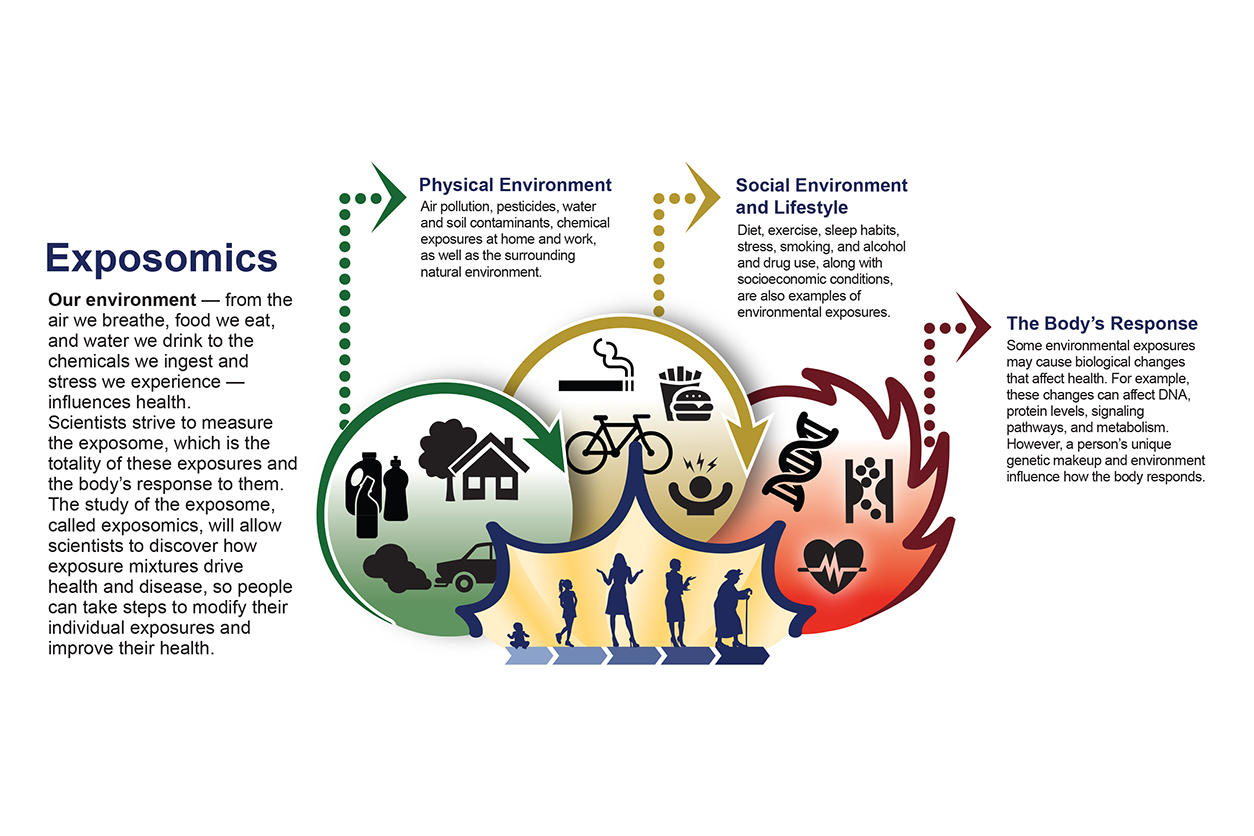
One cooperative agreement will be awarded to establish the Center for Exposome Research Coordination. The center is expected to work with U.S. and international partners to achieve the following.
- Develop a framework for the emerging field of exposomics.
- Create a community resource by capitalizing on new technological advancements in diverse scientific disciplines.
- Promote best practices in exposomics.
- Build a global exposome community for research coordination and multidisciplinary collaboration.
“Exciting research efforts across NIH and beyond are integrating exposomics, and our hope is that this coordinating center will play a major role in establishing common tools, methods, and approaches for this emerging research community,” said Yuxia Cui, Ph.D., health scientist administrator in the Exposure, Response, and Technology Branch. Cui is the NIEHS program lead on the new initiative.
Participants in this NIEHS-led effort include the National Institute of Arthritis and Musculoskeletal and Skin Diseases (NIAMS); the National Institute on Aging (NIA); the National Institute of Neurological Disorders and Stroke (NINDS); the National Cancer Institute (NCI); the Office of Research on Women’s Health (ORWH), and the Environmental influences on Child Health Outcomes (ECHO) program.
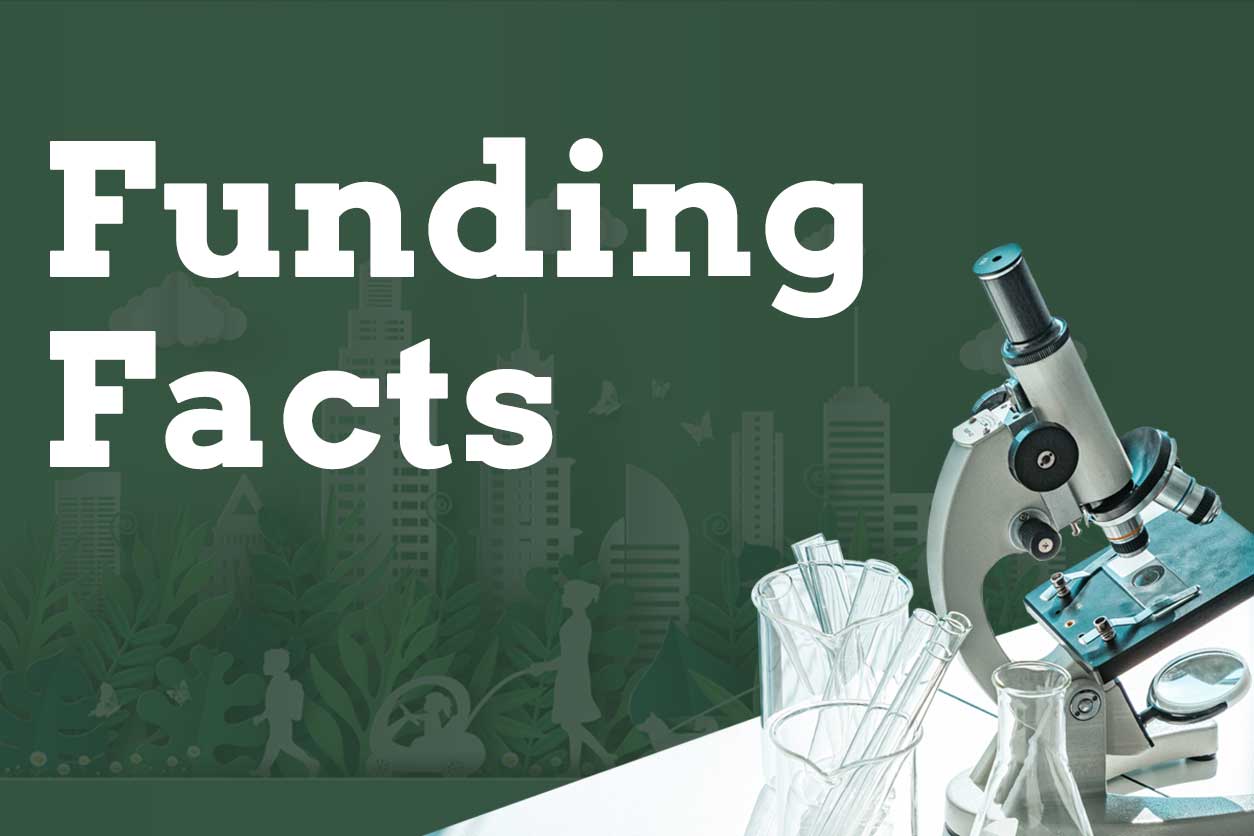
Below are five things to know about the new funding opportunity.
- Funding opportunity and title
RFA-ES-23-010, Center for Exposome Research Coordination to Accelerate Precision Environmental Health (U24 Clinical Trial Not Allowed). - Application deadline
Nov. 30. - Who is eligible?
Higher education institutions, nonprofits, for-profit organizations, local governments, including Indian/Native American Tribal Governments, and community-based organizations. See the full list in the Notice of Funding Opportunity (NOFO). - NOFO-specific tips
- Prospective applicants are asked to submit a letter of intent by Oct. 30 to Leroy Worth Jr., Ph.D. The letter of intent should include a descriptive title of proposed activity, names and contact information of key personnel, and participating institutions.
- Applicant institutions should have the infrastructure, teams with diverse perspectives and partnerships, and commitment to support proposed activities. The proposed center should be supported by investigators with diverse expertise (chemical, biological, social, and data science) and experience leading multidisciplinary teams in the U.S. and globally.
- Applicants are strongly encouraged to consult with the scientific program contacts listed below early in the application planning process to ensure all requirements of NOFO are met.
- NIEHS: Yuxia Cui, Ph.D.
- NIAMS: Ricardo Cibotti, Ph.D.
- NIA (Neuroscience): Richard Kwok, Ph.D.
- NIA (Behavioral and Social Research): Emerald Nguyen, Ph.D.
- NIA (Aging Biology): Jennifer Fox, Ph.D.
- NINDS: David Jett, Ph.D.
- NCI: Curt DellaValle, Ph.D.
- ECHO: Susan Laessig, Ph.D.
- ORWH: Sarah Temkin, M.D., Karen Wylie, Ph.D.
- Additional resources
- Notice of Funding Opportunity announcement.
- Research (R) instructions in the SF424 (R&R) Application Guide.
- NIEHS funding opportunities webpage.
- European Global Exposome Research Coordination.
(Caroline Stetler is Editor-in-Chief of the Environmental Factor, produced monthly by the NIEHS Office of Communications and Public Liaison.)





